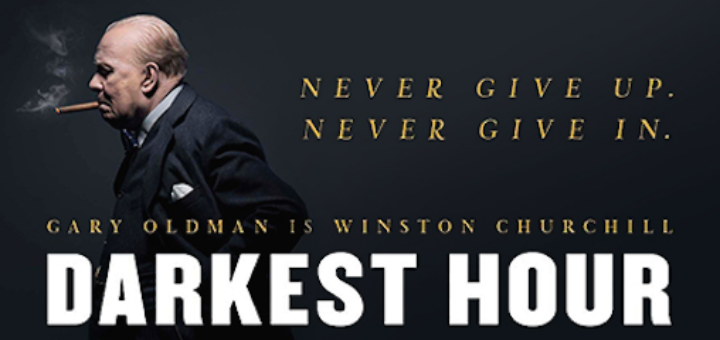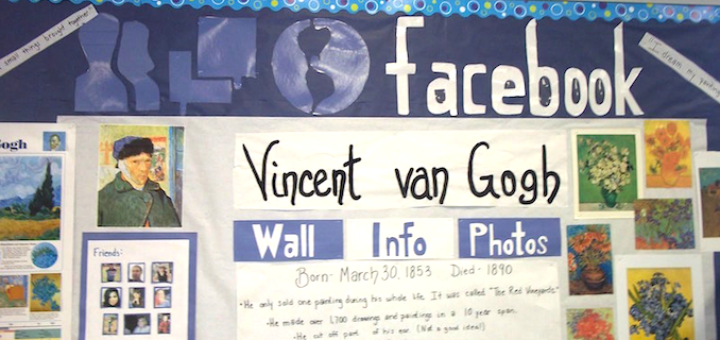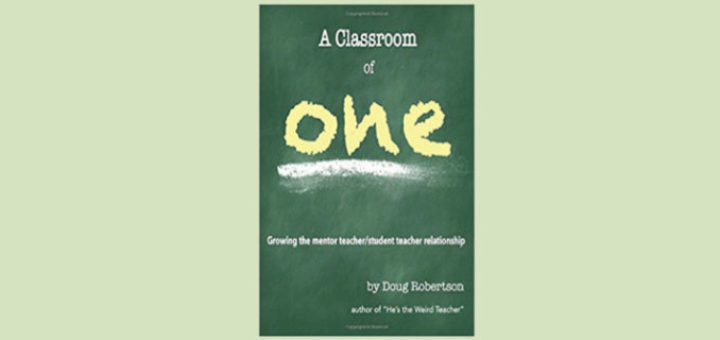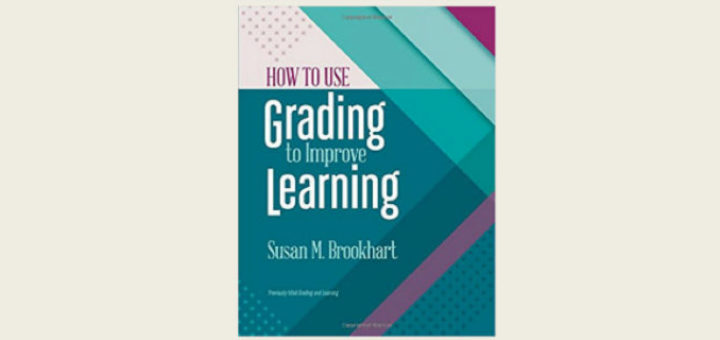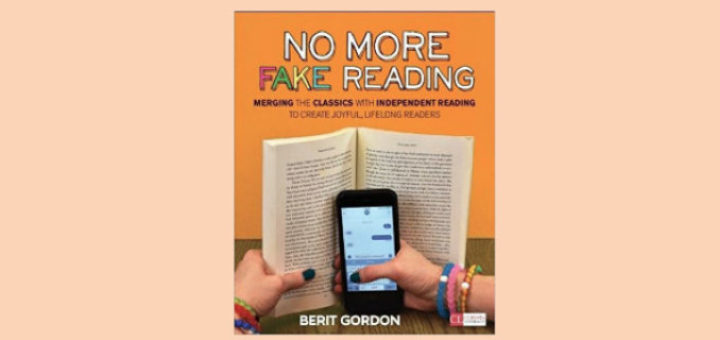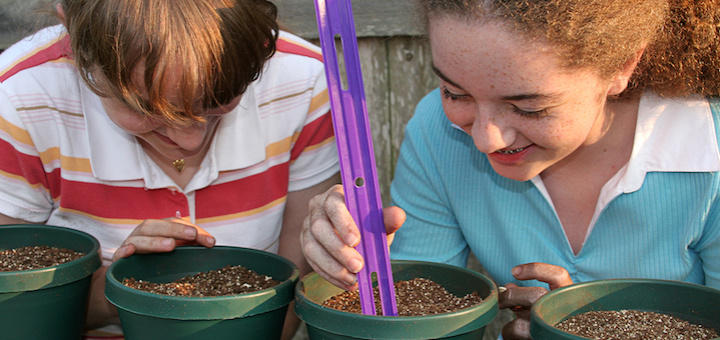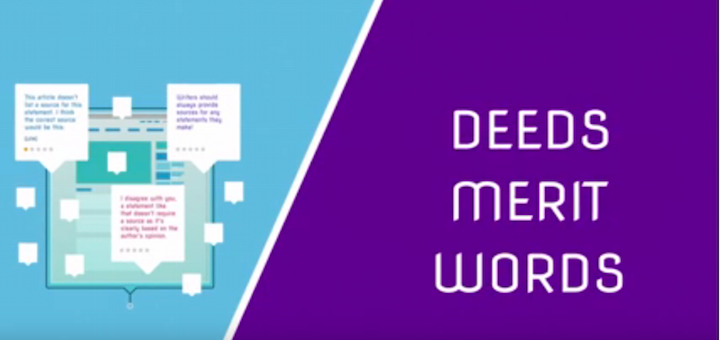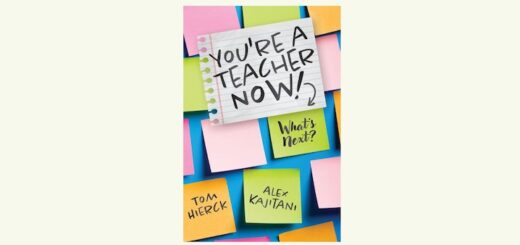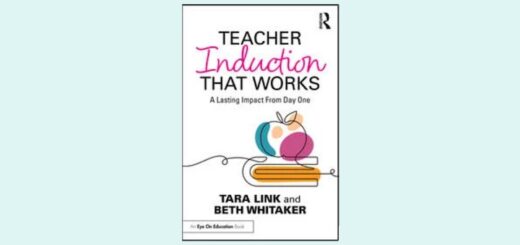Teaching and learning in grades 4-8
Examining differences between the movie and the actual history – and the processes screenwriters use to adapt a true story – is worthy of media literacy classroom time, says Frank Baker, author of Close Reading the Media. Truth is, the film will never match the book!
Recently Sarah Cooper’s history classes debated whether the electoral college should be abolished. Reflecting on the weeklong unit, Cooper concludes she “misstepped” in several ways. Learn what she plans to do differently next year, starting with a fresh debate topic.
Self-check classroom and school “real estate” to make sure you’re organized to showcase, celebrate, and convey messages and content that invite all learners to joyfully learn more, writes author Regie Routman. In particular, critically examine your classroom libraries.
Doug Robertson offers meaningful, practical advice on how to insure that having or being a student teacher benefits both sides. In addition to plentiful laughs, teacher-librarian and former mentor Rita Platt finds useful tips on many aspects of having a student teacher.
No matter where you are in your journey to understand grading, this book can help, says middle school teacher Emily Prissel. Susan Brookhart does a nice job of presenting important ideas succinctly and clearly, while giving practical advice and ready-to-use strategies.
Berit Gordon offers a step-by-step plan for playing catch up with students who are not regular readers and therefore do not have the reading skills or the knowledge base to feel anything but overwhelmed and bored by classic literature, says classics teacher Kelley Pujol.
As educators work to improve science education, one message is clear, says coach Kathy Renfrew. “Science practices bring science concepts to life for students.” Renfrew offers ideas that can help teachers begin to integrate the eight NGSS practices into daily lessons.
Shared reading has the potential to be a useful vehicle for learning IF it’s implemented effectively. Literacy consultant Sarah Tantillo looks at the benefits and drawbacks of investing time in two students reading together and suggests strategies to increase retention and communication skills.
At the end of last semester, math teacher Michelle Russell found herself discouraged. A month-long battle with pneumonia left her without much joy or enthusiasm. “I realized I needed to reflect and make some adjustments.” Read the four 2018 resolutions she came up with.
Digital crowd annotation tools create the possibility that the margins of an online text or piece of media can be filled with insightful conversation by a classroom of students or a collaboration of teachers. Kevin Hodgson reveals how to get started with user friendly resources.

